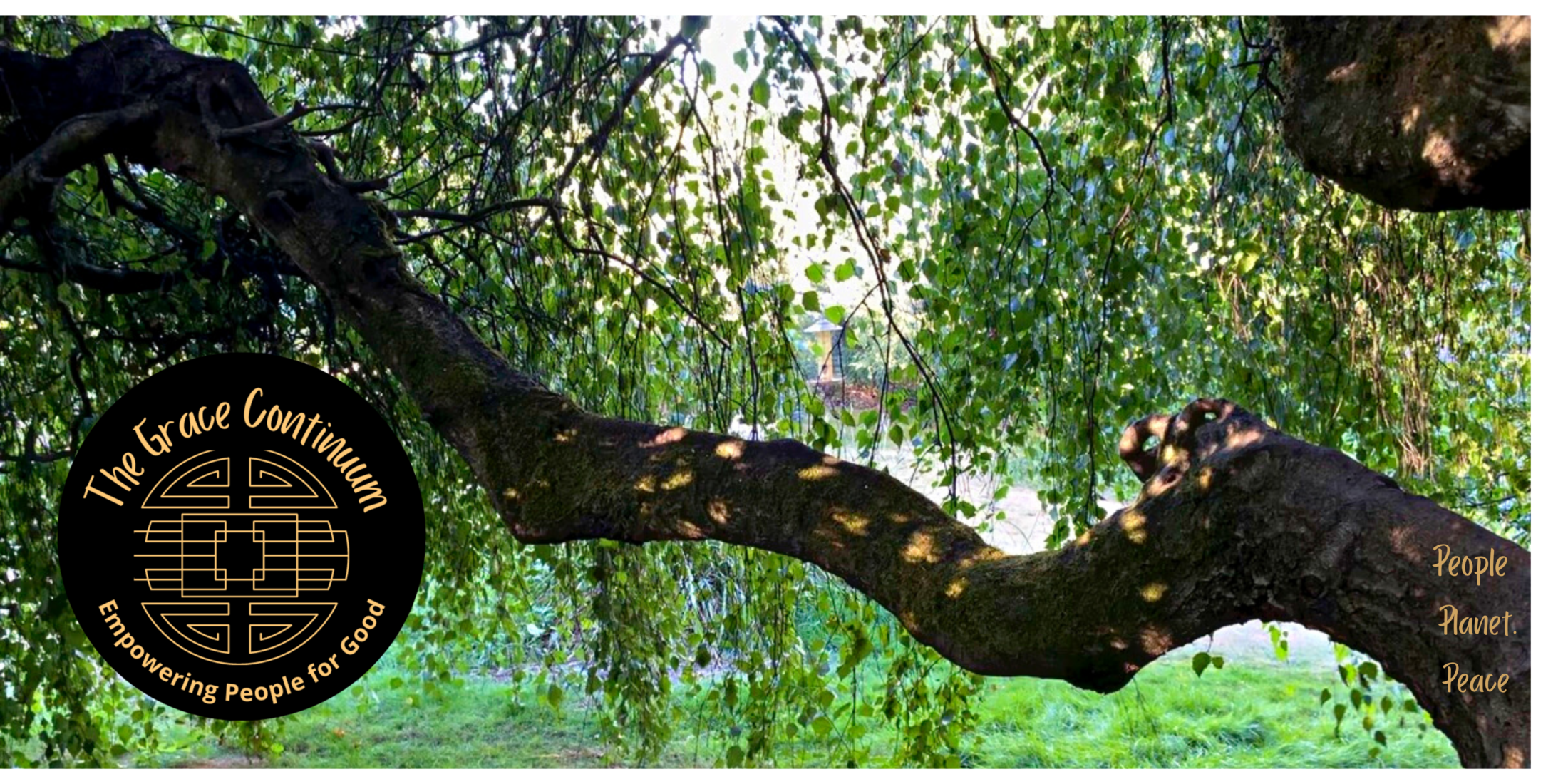COMMITMENT to EQUITY STATEMENT
We believe all people should feel welcome, safe, accepted, have equitable access to opportunity and be able to live their lives with dignity regardless of race, ethnicity, national origin, religion, gender, age, marital status, sexual orientation, family structure or differing abilities. We view equity as a legal, moral, economic and health imperative. Our commitment to equity is based on the fundamental beliefs that we all share responsibility for community-building and care and the greatness of a society is judged on its commitment and success in caring for all its people.
In the United States this requires accepting responsibility for those who have historically been oppressed and disadvantaged. It also requires special recognition for the peoples and communities who continue to suffer inequities as a result of our oppressive legacies. Our focus includes but is not limited to:
- Our Indigenous peoples as descendants of the ancestral caretakers of these lands; ancestors who experienced unspeakable suffering during colonization, were forced to vacate their territories, were cheated through guile and broken treaties and today continue to struggle for tribal recognition and other rights as they seek to reclaim their cultural autonomy.
- Our people of African descent whose ancestors were kidnapped, horrifically enslaved, deprived of freedom for generations and then systematically disenfranchised, post-emancipation, by our government through policies including redlining, eminent domain, law enforcement discrimination, systemic bias and racism and disparate incarceration by our courts.
- Our women, people who continue to struggle for equitable medical care, body autonomy, equal pay and for meaningful protection from a plague of domestic violence, sexual assault and uxoricide.
We strongly support:
- Civic engagement, citizen responsibility and voter education
- Humanitarian and other assistance for immigrants and refugees
- Credible support for those experiencing housing and food insecurity
- Women’s maternal supports, education and equal legal rights
- Indigenous, ethnic, city, and rural Arts programs and events
- Human rights to equitable healthcare access and services
- Legal and social equity for BIPOC and other marginalized people
- Marriage, military and social equality for the LGBTQ+I community
- Environmental protection, sustainability and conservation
- Support for pre-K, K-12, student enrichment, college, trade and technical education
- Social and racial justice in all iterations
- Environmental justice for all living beings including our human relations
- Language that transcends labels and shares inclusive concepts and appreciation of the beauty of being Socially, Culturally, and Economically Diverse (SCED).
